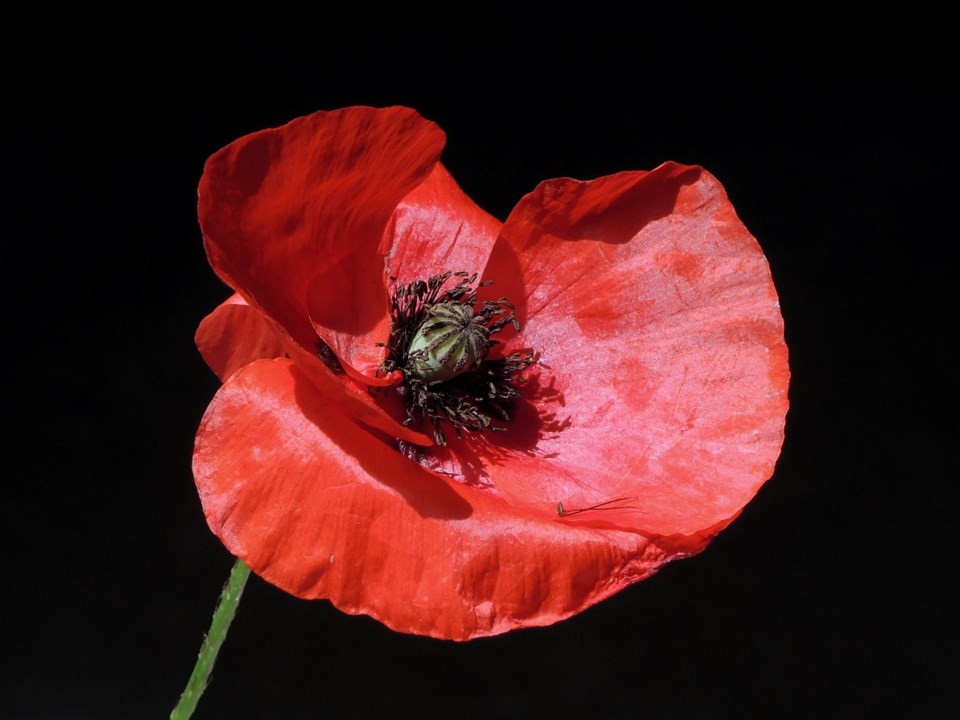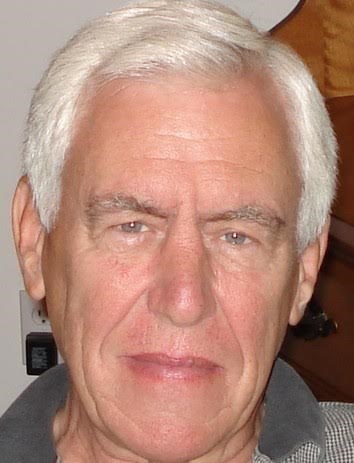 In late August 1945 as an eleven-year old boy I went with our family one evening into the village of Iroquois, Ontario, to see the burning in effigy of Japanese General Tojo. He was represented by a stuffed figure dangling in flames from the flag pole at the local factory. A large crowd of people gathered around. Some were laughing and clapping. Others were bowed in silence or quietly weeping. The war was so very recent. My Mother was not laughing. She had been born and lived in Japan as a missionary’s kid and came to Canada to go to college and then return to Japan as a missionary. She had scores of Japanese friends whose fate during the war was unknown but likely tragic. Her remembering of them and the Allied casualties was a time of sorrow and hope.
In late August 1945 as an eleven-year old boy I went with our family one evening into the village of Iroquois, Ontario, to see the burning in effigy of Japanese General Tojo. He was represented by a stuffed figure dangling in flames from the flag pole at the local factory. A large crowd of people gathered around. Some were laughing and clapping. Others were bowed in silence or quietly weeping. The war was so very recent. My Mother was not laughing. She had been born and lived in Japan as a missionary’s kid and came to Canada to go to college and then return to Japan as a missionary. She had scores of Japanese friends whose fate during the war was unknown but likely tragic. Her remembering of them and the Allied casualties was a time of sorrow and hope.
Twenty years later, a few parishioners we were gathered at the modest War Memorial in Mountain Grove, Ontario. Standing there was Edna, a faithful leader of church and community. She was remembering her husband who had gone to war weeks after their marriage leaving her pregnant and running a small farm. He had not returned. The time of remembrance was full of sorrow and sympathy.
Five years later my wife and I were walking among the rows and rows of identical headstones in the cemetery at Repulse Bay in Hong Kong. We thought of the disastrous fall of the colony when the invading forces overwhelmed the valiant local forces, including the Winnipeg Rifles. Our remembering then was a mixture of horror and some anger as well as grief for the fallen and their unknown loved ones.
Now, forty-seven years later, a large crowd of local people of all ages gathers at the Sooke War Memorial. Wreaths are laid. The community Choir sings a hymn. The Chaplain says a brief prayer. A bugler plays the Last Post and Reveille and then a piper plays “Flowers of the Forest.” Nobody is laughing or clapping. The atmosphere is reverent and quiet. You realize there is sorrow and sadness in the people. And there is a feeling of wonder at the magnitude of the losses of life. The wars seem so distant in time, almost mysterious. We all know and deplore present wars with their destruction and displacement of ordinary people. We have mixed feelings of horror and relief that these wars are not close to our homeland.
Remembering is an activity of spirit. The sorrow and the horror are forms of love. Even anger at the losses and destruction is a consequence of love. So are the feelings of celebration end joy for the ending of conflicts. The widespread participation in remembrance is cause for hope, that the human race will someday let love and compassion be what determines the affairs of nations and individuals. Meanwhile, we remember with love.
 Paul Newman is a retired minister of The United Church of Canada
Paul Newman is a retired minister of The United Church of Canada
You can read more articles on our interfaith blog, Spirotually Speaking,
Photo of poppy by ���Dz���
* This article is published in the print edition of the Times 91ԭ�� on Saturday, November 10th 2018


